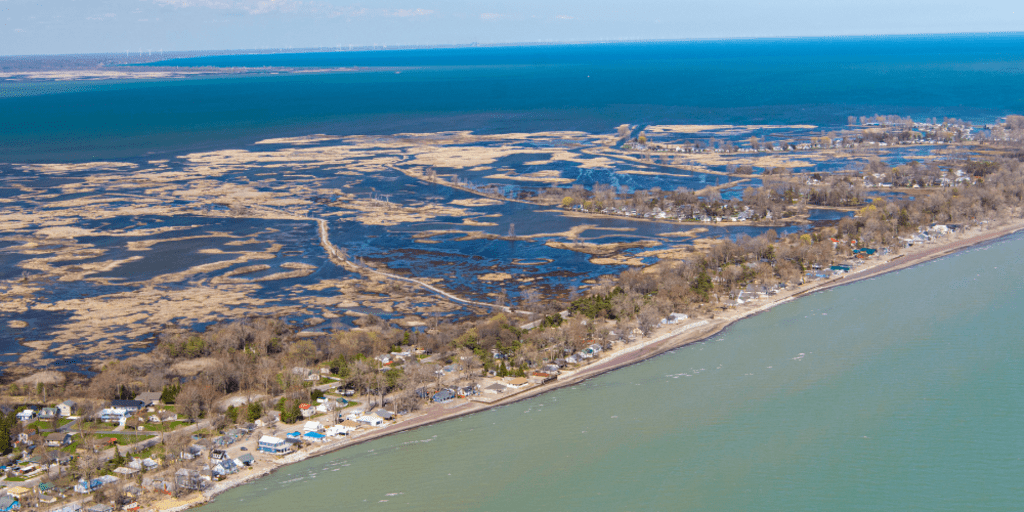Now accepting applications for Environment's new field course in South Africa
Estimated reading time: 3 minutes
We are very excited to announce the new South Africa Field Course: Biodiversity, Climate Change and Social Justice (ENV 474)! Interested Faculty of Environment undergraduate students must apply by January 19 to be considered for the course. However, applications in advance of the deadline are welcome. The course will run between the co-op term, exam and formal lecture period from April 27 to May 5, 2024, is worth 0.5 credits and will count toward the spring term.
This interdisciplinary field course integrates a range of science and policy perspectives and field-based interactions to understand South Africa’s Cape region as a dynamic and linked system of people and nature. Course activities will emphasize how social justice issues (historical and present-day) intersect with ongoing experiences of climate change and human-induced threats to some of the world’s most significant biodiversity resources. The field course will provide participants with a unique opportunity to engage with a wide range of sustainability challenges and to see first-hand how local communities, scientists and government organizations are approaching these challenges in some novel ways.
Space on the field course is limited and we will seek to ensure a mix of student interests and programs. Applications must include: 1) name, student number and program; 2) a maximum 300-word statement of interest outlining why the field course is of particular relevance to you and how the course will support your academic goals; and 3) a brief statement on your academic standing (i.e., any notable points or explanations) and list of 3-5 five relevant courses you have taken that prepare you for this field course.
To apply, fill out the application for ENVS 474: Connecting Biodiversity, Climate Change and Social Justice (Cape Town, South Africa field course). You must log in to view the form. If you run into problems, please contact Dr. Johanna Wandel, Associate Dean (Undergraduate).
Please note:
- Students will be selected based on the statement of interest and alignment with field course themes, with reference to academic standing as appropriate. Decisions on participation will be made by February 1, 2024. While all Environment undergraduate students are welcome to apply, preference will be given to third and fourth year students.
- Essential requirements for successful completion of the field course include that the participant be able to walk/hike for extended periods in both city and outdoor contexts (i.e., rough terrain), be comfortable in and around the ocean and live and function in close quarters with colleagues (clean, safe and good quality but shared accommodation).
- The field course is expected to cost approximately $2,000-2,500 CAD, which includes internal travel, accommodation and any entrance fees, etc. Students will be required to deposit $500 within one week of notification of their acceptance into the field course. Course tuition and airfare/travel from Canada to South Africa are not included and must be arranged separately.
- Significant subsidies from an external source are available to qualified students to enable course participation and gain international academic experiences that would not otherwise be possible. Students who identify as Indigenous, come from low-income backgrounds, or have medical documentation on file with AAS that verifies the presence of a permanent, persistent, or prolonged disability are encouraged to enquire about the available subsidies to substantially offset costs for participation in the field course. Please direct your enquiries about subsidies to: Dr. Johanna Wandel, Associate Dean (Undergraduate). Confirmation and verification of eligibility will occur only if you are selected for the field course and is completely independent of your application to participate in the field course itself.
For more information, please review the course syllabus (PDF). The course instructors have extensive experience and have lived and worked in South Africa. Questions about the field course activities and learning outcomes can be directed to: Dr. Derek Armitage.
Don’t miss out on this exciting field course opportunity. We look forward to seeing you in sunny Cape Town!

